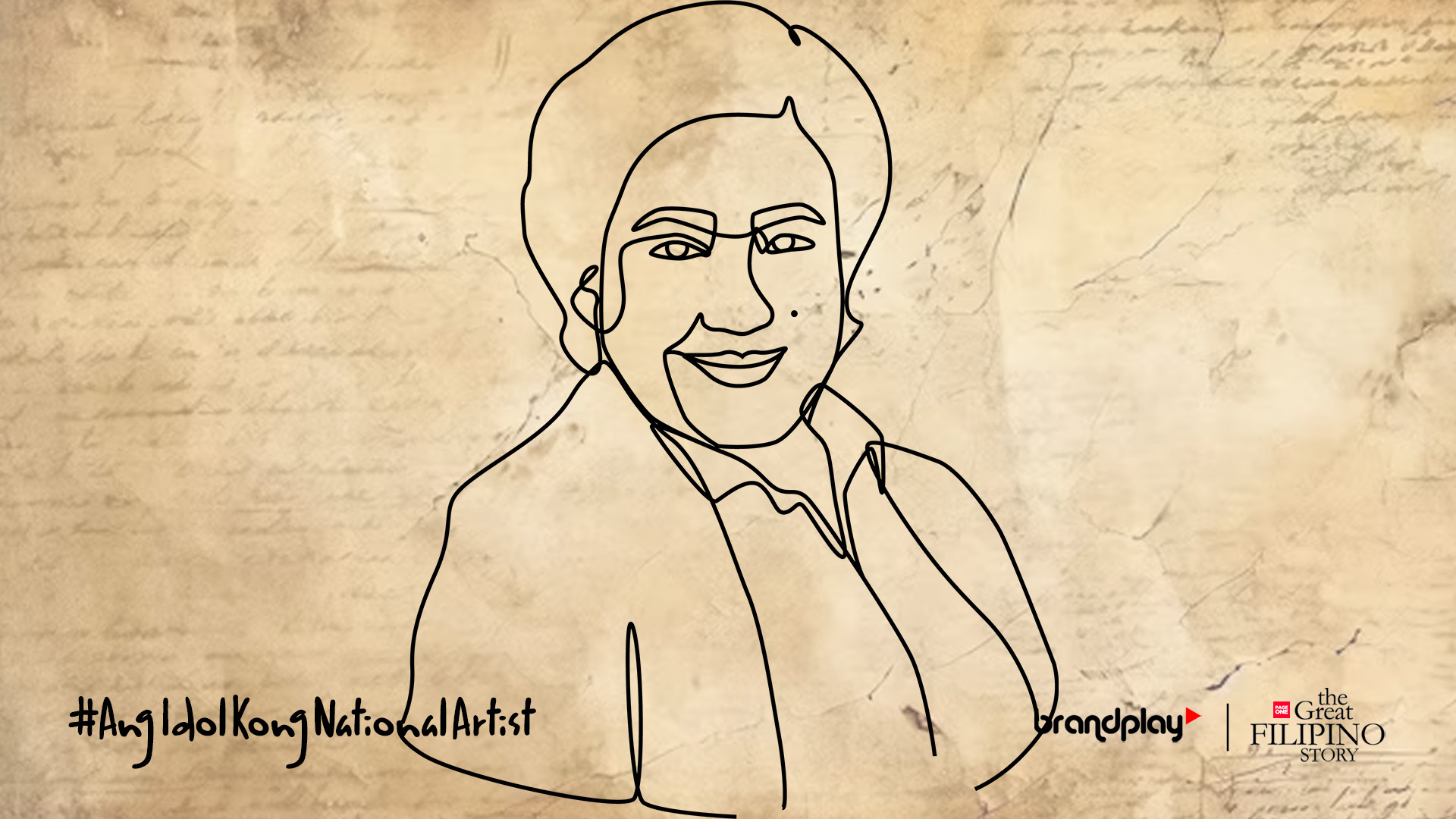In the dynamic landscape of Philippine cinema, few names are as prominent as Nora Aunor’s. Celebrated as the “Superstar,” she has emerged as a cultural icon whose impact has endured for decades. Aunor’s rise from modest beginnings to the height of fame showcases her extraordinary talent, resilience, and steadfast commitment to her artistry.
Born on May 21, 1953, in Iriga City, Camarines Sur, Nora Aunor—originally named Nora Cabaltera Villamayor—grew up in a humble household. From a young age, she was surrounded by the nurturing influence of her family, particularly her grandmother, Lola Theresa, who introduced her to the world of music. The first song she learned was “The Way of a Clown,” igniting her passion for singing. Her aunt, Belen Aunor, played a pivotal role in her development as a performer, honing her skills in diction, interpretation, and emotional expression. It was her aunt who bestowed upon her the stage name “Nora Aunor.”
Nora began her musical journey by entering various singing contests, including the Darigold Jamboree radio singing contest, the Liberty Big Show, and the national competition Tawag ng Tanghalan. Although her early life was filled with challenges, these obstacles only fueled her determination and ambition. Aunor’s passion for music and performance bloomed early, as she showcased her remarkable vocal talent in local contests, laying the foundation for her illustrious career. Her journey from modest beginnings to becoming a celebrated icon serves as an inspiring testament to the power of resilience and dedication in the pursuit of one’s dreams.
Aunor’s career began to flourish in the early 1970s when she participated in the hit talent show “Tito, Vic, and Joey.” Her major breakthrough occurred with the film “Tatlong Taong Walang Diyos” in 1976, which garnered critical acclaim and solidified her reputation as a powerful actress. Throughout her career, Aunor appeared in numerous films, including “Hahamakin Lahat,” “Bona,” and “The Flor Contemplacion Story,” each showcasing her incredible versatility and depth as a performer.
Though Aunor is primarily recognized for her acting, her musical talent is equally noteworthy. She has released a multitude of albums and chart-topping songs, establishing herself as a versatile performer. Her music, rich in emotion and storytelling, connects with fans across generations, further solidifying her status in Philippine pop culture.
Despite her immense fame, Aunor’s journey has not been without its challenges. She has encountered personal and professional setbacks, including battles with substance abuse and tumultuous relationships. Yet, her remarkable resilience in overcoming adversity showcases her inner strength. Aunor frequently emphasizes the value of perseverance, using her own experiences to inspire others who are facing similar struggles. Her story serves as a powerful reminder that challenges can be transformed into opportunities for growth and empowerment.
Nora Aunor has garnered numerous awards and accolades throughout her remarkable career, highlighting her significant contributions to Philippine cinema and music. She has won several FAMAS Awards, including Best Actress, which showcase her outstanding talent in film. Aunor has also received multiple Best Actress awards from the Gawad Urian Awards, recognizing her exceptional performances.
In 2003, she was honored as a National Artist for Film, a prestigious title that acknowledges her profound impact on Philippine arts and culture. Additionally, Aunor has achieved international recognition, receiving awards from various film festivals. Her extensive list of accolades reflects not only her artistic brilliance but also her lasting influence on the Philippine entertainment industry.
Nora Aunor is a celebrated actress whose prolific career spans film, television, and theater, with an extensive filmography and numerous awards from both local and international circles attesting to her extraordinary talent. Her iconic musical performances and stage shows have mesmerized audiences for decades, while her powerful portrayals in critically acclaimed films like “Himala” have authentically captured the lives and aspirations of Filipinos, solidifying her status as a cultural icon in Philippine cinema.
As Aunor continues to evolve in her craft, her profound impact on Philippine cinema is undeniable. She has blazed a trail for future generations of actors, demonstrating that talent and hard work can indeed triumph over adversity. Beyond her on-screen achievements, she stands as a symbol of hope and resilience for many.





